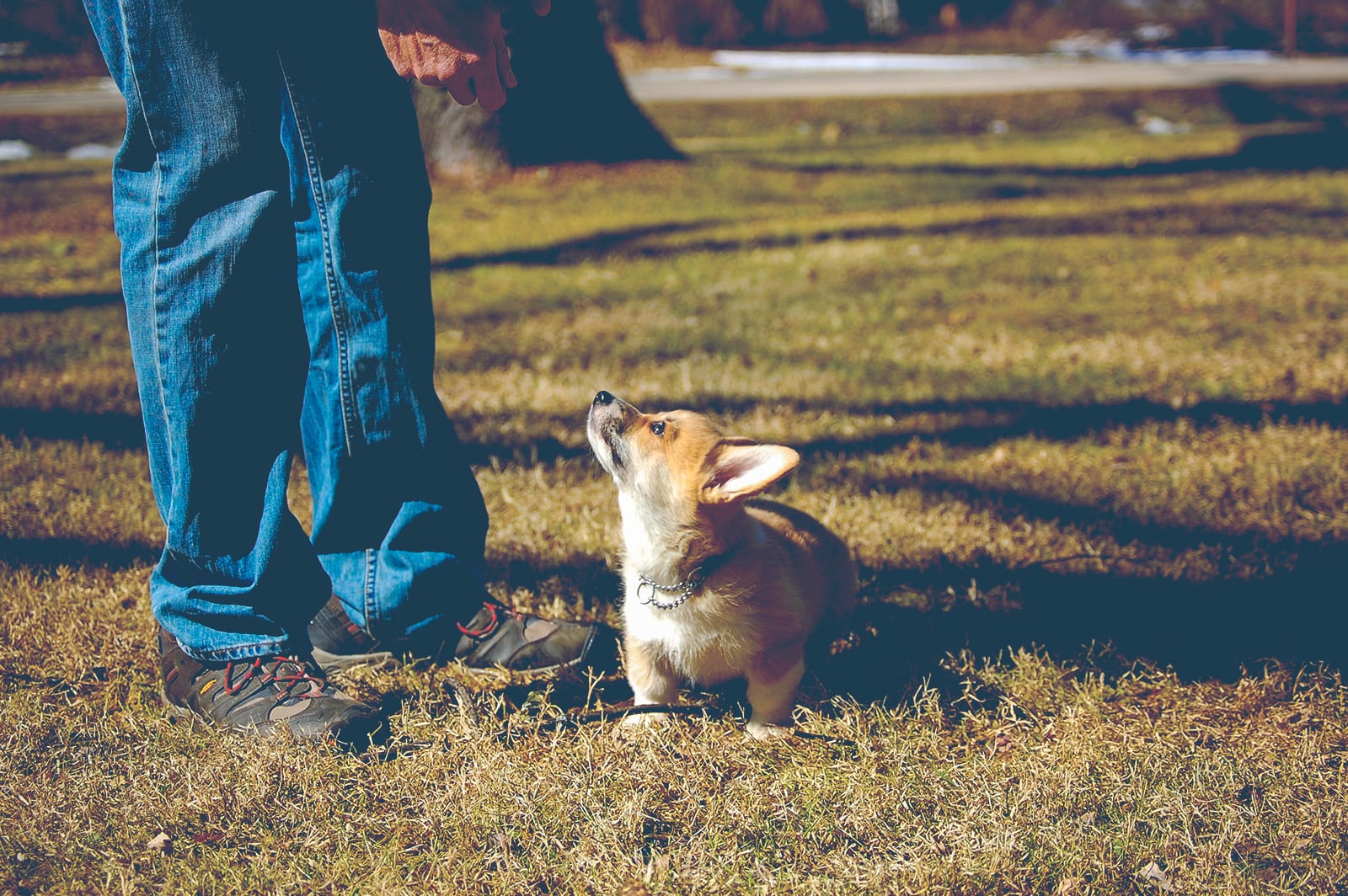Establishing Boundaries for Your Puppy (and Your Friends)
Not many things in life elicit unwanted advice, opinions, and attention like a dog or puppy.
Think about it. When walking your dog, it’s not uncommon for complete strangers to approach you, tell you they’ve owned the same breed and offer advice about raising your dog, especially if they have the same breed. This also is very common amongst friends and family.
I believe people genuinely want to help and I often sit and listen politely to their advice. That being said, we all need to be aware of respecting one another’s, space, instructions, rules, and boundaries.
Remember, you are in control of what rules are in place for your dog and how they behave in situations. I’m guessing you put those rules in place because you want to enjoy your dog’s behavior all of the time not just in the safe “bubble” at home.
In order to maintain your dog’s good behavior and a healthy relationship, you need to make sure your rules and boundaries are maintained by others.
For example, I often crate my dog when certain family members or friends come to visit initially. This is because the first knock or doorbell ring tends to charge up the house and dogs are consistently reinforced for less than desirable behavior, usually by those that love dog’s the most.
How often do you hear “It’s ok I love dogs.”
Thank you for loving my dog but by allowing him or her to jump on you, have bad manners and break my rules at the door, you are setting me, and my dog up for failure down the road, leading to potential problems and frustration.
A rule I often use is ignoring the dog at first. Then when it seems like things are calming down I may share some affection.
Think of it as playing hard to get and trust me the dog will not hold it against you. Along these same lines, I don’t give any commands to other folks dogs as it is a waste of a command if they don’t know what you are asking from them and I may not be able to follow through with any effective results.
This is not meant to take the fun out of hanging out with other dog’s, rather it helps pups in future human interactions and empowering the dog and owner’s relationship and allowing them to tackle these things at their own pace.
This is not that hard in summary.
- Try not to pump the dog up
- Stop barking out orders
- Let owners handle it, let the energy in the room came down a bit before interacting with their dog.
- Most important of all- try to be more respectful of dogs and their owners so they can enjoy these interactions for years to come and everybody wins!





